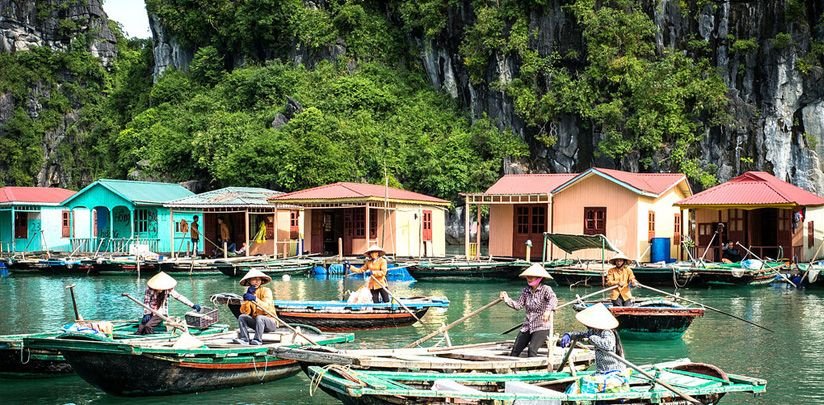What are Coral Reefs- and why are they so important?
Besides keeping Nemo safe in sea anmenonememe (anemone), coral reefs play so many vital roles in our marine ecosystems
So what are coral reefs?
Coral reefs are living organisms that are made up of colonies of hundreds to thousands of tiny individual corals, called polyps. They grow incredibly slowly but all that time creates the intricate and beautiful structures we have come to know and love. They are home to countless marine species such as fish, molluscs, sponges, sea urchins, and other colourful wonders of the deep.
Although attached to the ocean floor, coral reefs are not plants. They are known as “sessil animals” meaning permanently fixed in one place, and corals can be found throughout the entire ocean, no matter how cold temperatures can get. These corals will only build coral reefs in the warm shallow waters of the tropics, as seen in one of the world’s most prominent examples- The Great Barrier Reef, which is around 2,300 kilometers long!
The Great Barrier Reef can be seen from outer space and is the world’s largest single structure made by living organisms. Source: https://greatbarrierreef.org/
Ok, but why are they so important?
For starters, they provide shelter, food, and nutrients to all sorts of coastal marine life. The Great Barrier Reef contains over 400 coral species, 1,500 fish species, 4,000 mollusc species and six of the world's seven sea turtle species.
They are also imperative to our coastal communities around the world. Reefs protect these coastal areas by reducing the power of waves hitting the coast, as well as provide a crucial source of income and food for millions of people. Nearly 100 million people who live on the coasts rely on these ecosystems for survival.
Vung Vieng Fishing Village. Source: https://www.halongbaytours.com/destinations/vung-vieng-fishing-village.html
Global coral reef related tourism is one of the most significant examples of nature-based tourism from a single ecosystem- attracting foreign and domestic visitors and generating revenues, including foreign exchange earnings, in over 100 countries and territories.
Models have found that coral reefs represent an economic value to the world of $36 billion per year, and support over 70 million trips annually, making these fragile and beautiful organisms a powerful engine of coastal and marine tourism.
Coral reefs are not just there to sit still and look pretty, and it’s up to us to ensure the longevity of one of the oceans most important species.
Some ways to help protect our reefs:
Reduce/properly dispose of waste
You can do your part to help save the reefs by properly disposing of, and more importantly cutting back on, your trash/waste. Litter always finds its way into the ocean, and this marine debris is extremely harmful to reefs (and all marine life!)
Minimise your fertiliser usage
The excess of nutrients makes its way into our oceans through runoff- causing water pollution and harm to the reefs.
Lower your carbon footprint by walking or biking instead of driving!
Using cleaner transportation methods can help reduce the amount of greenhouse gasses that are emitted into the atmosphere, which contribute to ocean acidification and increased ocean temperature. More acidic ocean waters impede coral growth and warmer waters cause coral bleaching.
And if you’re lucky enough to swim with these beauties, always remember your reef safe sunscreen! (Click the link to see a list of some of our favorites)









